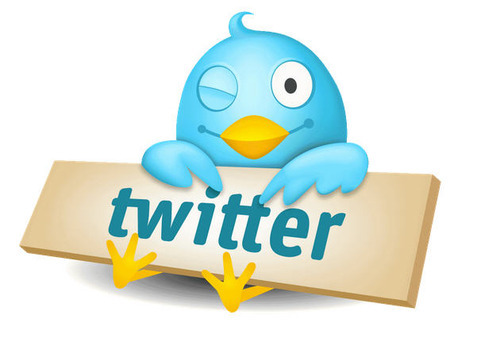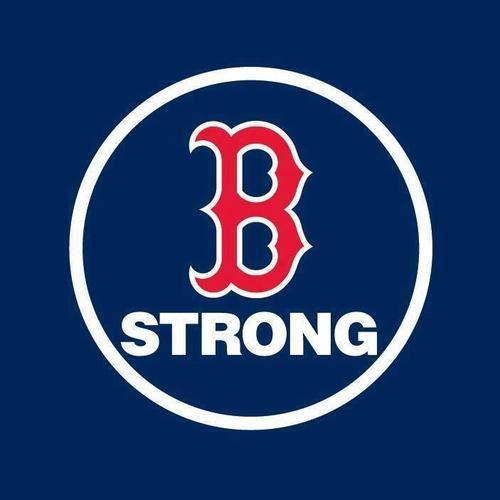
Last Friday night, I took a peek at my Twitter feed and noticed that a marketing guy who I follow named Peter Shankman was pleading for some Internet sanity regarding a woman named Justine Sacco. Said Peter: “Yes [Sacco’s] tweet was awful. But she’s landing to death threats. Come on, Twitter, let’s be better than that.”Read More
